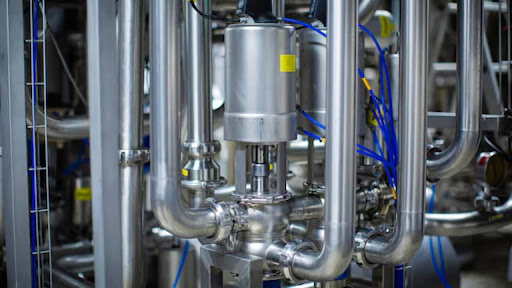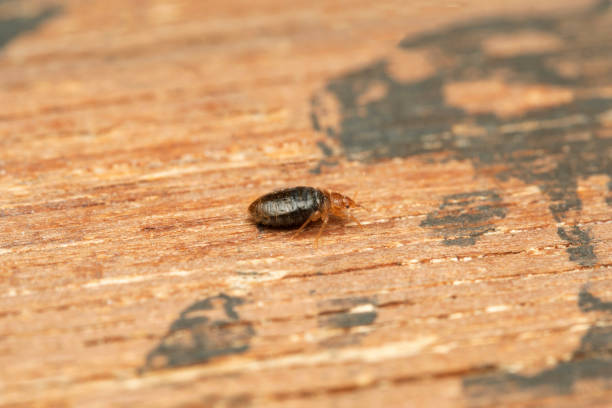Environmental regulations are formulated and enforced by apex bodies with the sole aim of keeping people and the environment safe. Often people express their concerns over how industries should handle, dispose and store corrosive chemicals in a proper way. On the other hand, there are several instances where the average Jane or Joe simply pours household chemicals and corrosive waste down the drains.
As a responsible citizen, it is your duty to make sure that your actions are not causing any harm to the environment, its flora and fauna as well as your community. To be on the safe side of things, it is best that you get in touch with waste management companies like Skip The Tip. They will give you detailed information about how you can get rid of corrosive wastes in your home.
That being said, please pay attention to the following sections where we will tell you how you can handle corrosive waste and cleaning products safely at home:
Properly dispose of the corrosive waste
It is best to imprint this information in your mind that corrosive household chemicals are very dangerous! On top of that, the corrosive waste these chemicals create after their use is a notch higher on the danger scale. Both in their mixed or pure form, corrosive chemical substances should never be simply poured down the drain anytime you fancy.
As per the advice of leading waste management companies, even if you plan on storing the waste chemicals in seemingly ‘clean’ and ‘empty’ bottles, it is best that you refrain from doing so. Chances are really high that residual substance in the so-called clean and empty vessel can react with the corrosive waste and lead to accidental fires – a result of an adverse and accelerated chemical reaction. If all else fails, call in the professionals. They will make sure that the corrosive waste is disposed of properly.
Be sure to keep these chemicals away from pets and kids
It is no news that these chemical cleaning substances are harmful to your kids, you and your pets as well. Please store them in places where your Fido and your kids won’t be able to reach them. Better yet, lock the cabinets where you keep these cleaning agents.
Never keep chemicals anywhere except their original containers
Household chemicals should always be kept in their original containers. Household chemicals come in containers whose chemical composition is inert making the container non-reactive to the chemical cleaning product it holds within.
In case of damage to the container, get rid of the bottle right away. If you plan on transferring the contents to another container, please refrain from doing so. It can cause severe accidents in the form of accidental fires – a result of an accelerated chemical reaction between the chemical and the new container.
It is best that you opt for alternate cleaning products
It is not always necessary that you need to use harsh chemical clog removers for your kitchen sink or bathroom drains. Occasionally, if you pour pure baking soda mixed with vinegar down the drain, you can keep them from clogging up easily.
It is best to keep in mind that household chemicals that are labelled corrosive don’t necessarily mean that they can’t be more dangerous. A corrosive chemical cleaning product can also be flammable, carcinogenic and skin irritant. It is best to consult with waste management companies before you plan on disposing of corrosive waste to keep your family, your community and the environment on the safe side of things.



